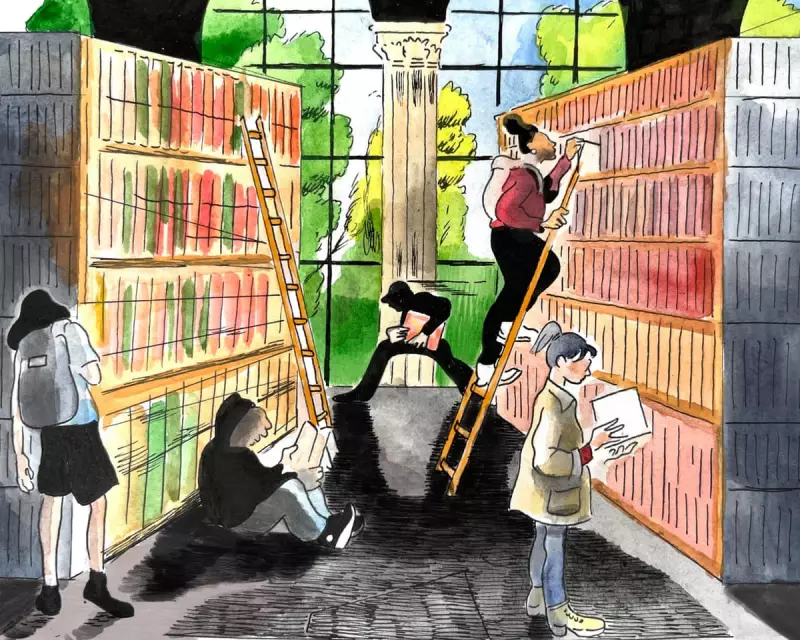
In a stunning revelation that exposes the hidden casualties of war, a Guardian investigation has uncovered evidence of systematic cultural plunder in Gaza. Israeli forces stand accused of orchestrating what experts are calling one of the most significant literary heists in recent Middle Eastern history.
The Systematic Erasure of Palestinian Culture
According to detailed reports, thousands of precious books, manuscripts, and historical documents have been systematically removed from Palestinian institutions and private collections across Gaza. The scale of this operation suggests a coordinated effort to strip the territory of its intellectual and cultural heritage.
Eyewitness accounts and photographic evidence reveal trucks loaded with literary treasures departing from bombed-out libraries and cultural centres. Among the stolen items are rare historical texts, contemporary Palestinian literature, and invaluable academic archives that documented generations of Gazan intellectual life.
A Pattern of Cultural Destruction
This isn't the first time cultural heritage has become a casualty in the Israel-Gaza conflict. However, the methodical nature of these removals distinguishes them from the random destruction of war. Cultural preservation organisations have expressed alarm at what appears to be a targeted campaign against Palestinian cultural memory.
"This goes beyond collateral damage," explains Dr. Sarah Thompson, a cultural heritage expert at Oxford University. "When you systematically remove a people's books and historical records, you're attempting to erase their identity and their connection to their own history."
International Law and Cultural Protection
The alleged actions potentially violate multiple international conventions protecting cultural property during armed conflict. The 1954 Hague Convention specifically requires combatants to refrain from any act of hostility directed against cultural property and prohibits the theft of cultural assets.
Legal experts suggest these allegations could constitute war crimes if proven. "The intentional destruction or theft of cultural heritage is increasingly being recognised as a serious international crime," notes international law professor Michael Chen.
The Human Cost Beyond the Battlefield
For Gaza's academic and literary communities, the loss is devastating. University professors describe watching lifetime collections disappear, while authors mourn manuscripts that represented years of creative work.
One Gaza City librarian, who requested anonymity for safety reasons, recounted watching soldiers load books into military vehicles. "They weren't just destroying buildings—they were taking our stories, our history, our voice," they said.
Global Response and Future Implications
The international cultural community has begun mobilising responses. UNESCO has called for an investigation, while literary organisations worldwide are documenting the losses and advocating for the return of stolen materials.
This case raises profound questions about how cultural heritage is protected—or targeted—in modern conflicts. As digital archivists race to preserve what remains of Gaza's literary heritage, the world watches to see whether these cultural treasures will ever be returned to their rightful owners.
The story of Gaza's missing books serves as a stark reminder that in war, the destruction of culture can be as devastating as the destruction of buildings—and the consequences can last for generations.





